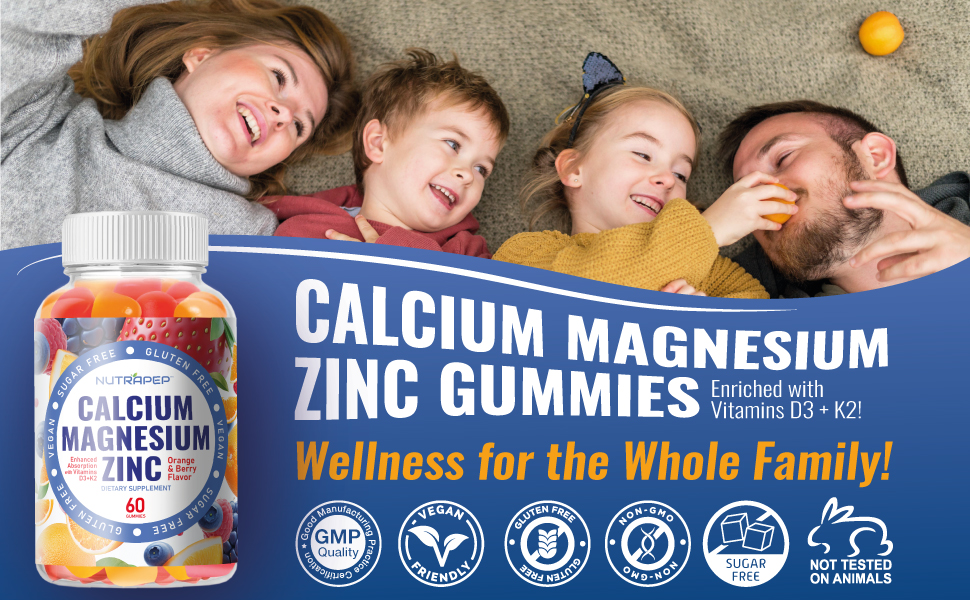Zinc is a trace mineral that plays a crucial role in various biological processes, and while it is often overlooked, its importance in a child’s diet cannot be overstated. This article aims to explore the significance of zinc, its functions, food sources, and how to ensure your child receives adequate amounts of this essential nutrient.
The Role of Zinc in Child Development

Zinc is vital for numerous bodily functions, particularly in children, who are in a constant state of growth and development. Here are some critical roles zinc plays:
- Immune Function: Zinc is essential for the development and function of immune cells. It helps protect children from infections and diseases.
- Growth and Development: Zinc is necessary for cell division and growth, making it crucial during childhood when growth is rapid.
- Neurological Function: Zinc is involved in brain development and cognitive function, impacting learning and memory.
- Wound Healing: Zinc plays a role in skin health and is important for wound healing, which is especially relevant for active children.
Recommended Daily Allowance of Zinc

The recommended dietary allowance (RDA) for zinc varies by age and gender. According to the National Institutes of Health (NIH), the RDA for children is as follows:
- Children 1-3 years: 2 mg/day
- Children 4-8 years: 5 mg/day
- Children 9-13 years: 8 mg/day
- Teen boys 14-18 years: 11 mg/day
- Teen girls 14-18 years: 9 mg/day
Ensuring that children meet these requirements is vital for their overall health and development.
Food Sources of Zinc

Incorporating zinc-rich foods into your child’s diet is essential. Here are some excellent sources of zinc:
- Meat: Beef, pork, and lamb are particularly high in zinc.
- Poultry: Chicken and turkey also contribute to zinc intake.
- Seafood: Oysters are the richest source of zinc, but crab and lobster are also good options.
- Legumes: Beans, lentils, and chickpeas provide plant-based sources of zinc.
- Nuts and Seeds: Pumpkin seeds, cashews, and hemp seeds are excellent for snacking.
- Dairy Products: Cheese and yogurt offer zinc along with other essential nutrients.
- Whole Grains: Whole grain bread and cereals can contribute to overall zinc intake.
By including a variety of these foods in your child’s diet, you can easily meet their zinc requirements.
Signs of Zinc Deficiency

Zinc deficiency can manifest in various ways, and recognizing the signs is crucial for timely intervention. Some common symptoms include:
- Frequent infections and illnesses
- Delayed growth and development
- Skin rashes or lesions
- Loss of appetite
- Cognitive impairments, such as difficulty concentrating
If you notice any of these symptoms, it is important to consult with a healthcare professional for appropriate testing and recommendations.
Case Studies and Statistics

Research consistently shows the profound impact of zinc on child health. For instance, a study published in the journal Pediatrics found that zinc supplementation significantly reduced the incidence of diarrhea and pneumonia in children under five in developing countries. The World Health Organization (WHO) reported that zinc supplementation could reduce child mortality by approximately 23% in areas where zinc deficiency is prevalent.
In another study, conducted in the United States, researchers found that children with lower serum zinc levels had a higher prevalence of attention deficit hyperactivity disorder (ADHD). This highlights the importance of adequate zinc intake for cognitive function and behavioral health.
How to Ensure Your Child Gets Enough Zinc

To make sure your child meets their zinc needs, consider the following strategies:
- Balanced Diet: Aim for a varied diet that includes zinc-rich foods from different food groups.
- Monitor Dietary Intake: Keep track of what your child eats, and make adjustments as needed to ensure adequate zinc intake.
- Encourage Healthy Snacking: Offer nuts and seeds as healthy snacks, which are not only rich in zinc but also provide other essential nutrients.
- Cooking Methods: Be mindful of how you prepare food; soaking or sprouting legumes and grains can increase zinc bioavailability.
- Consult with a Healthcare Provider: If you suspect your child may not be getting enough zinc, consult a healthcare professional for advice and potential supplementation.
Understanding the importance of zinc in your child’s diet is essential for promoting their overall health and development. Zinc supports immune function, growth, cognitive abilities, and wound healing. By including a variety of zinc-rich foods in their diet and monitoring their intake, you can help ensure your child receives this vital nutrient. Recognizing the signs of zinc deficiency and consulting healthcare professionals when necessary will further support your child’s health journey. Ultimately, a well-balanced diet that prioritizes zinc can lead to healthier, happier children.